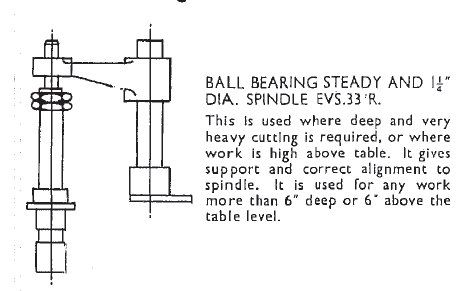Hi all,
I have been thinking about buying a shaper, but information about shapers is much more scarce than other woodworking tools, making me think it is not commonly used by a hobbyist like me.
My work is 80% solid wood, 20% sheet goods. Now I am working on dining chairs that go with a dinner table I just made. I'm not a router guy and try to avoid using it as much as possible, just because I don't like how it turns otherwise serene woodworking into a fierce experience. Having said that, I do use my routers whenever necessary. I have a shop-made router table which has been serving me well for right-duty routing, but after almost 10 years, it is a time to think about the upgrade.
Now, if I buy a 3HP router and good table, it can go up well north of $2,000 depending on what I want. I recently watched a video by Wood Whisperers (https://www.youtube.com/watch?v=gUBceVvkGQw). They were using router bits with a shaper and I was impressed how much quieter the shaper is. I know that a router bit in a shaper is not the best thing but for hidden grooves, I don't need a super smooth surface anyway. Of course, I don't mean to buy a shaper just as a quieter alternative to spin router bits, but if a shaper can swing router bits and can do many more, I may want to add a shaper rather than another router table with more bells and whistles.
So, I guess my questions are;
1) How do you think about a shaper for a hobbyist? If I really want a new router table, is a shaper a reasonable alternative?
2) Based on my past experience, I am sure that I can live without a shaper, but I feel that I may be missing some fun without it. Do you think it really add a new dimension to my woodworking?
3) I have been looking at the market and it seems all the non-euro shapers are basically the same thing from Taiwan. Powermatic and Laguna seem to have better components, but I found several posts complaining Powermatic, which are actually "usual complaints" we often hear for any clone woodworking machines from Taiwan; mostly great but occasional, but can-be-serious, glitches. Considering these, should I go with no-frill Griz/Fox/Jet/General/etc or a bit nicer (looking) PM/Laguna, or all the way to Euro? Of course, the euros are the great, but as the price goes beyond $3K and approach $5K, then I have to return to my Question #1.
I know many of you are professionals with multiple shapers, but I would appreciate if you put yourself as a weekend hobbyist and think what a shaper would do to you.
Thank you guys!
Susumu




 Reply With Quote
Reply With Quote










